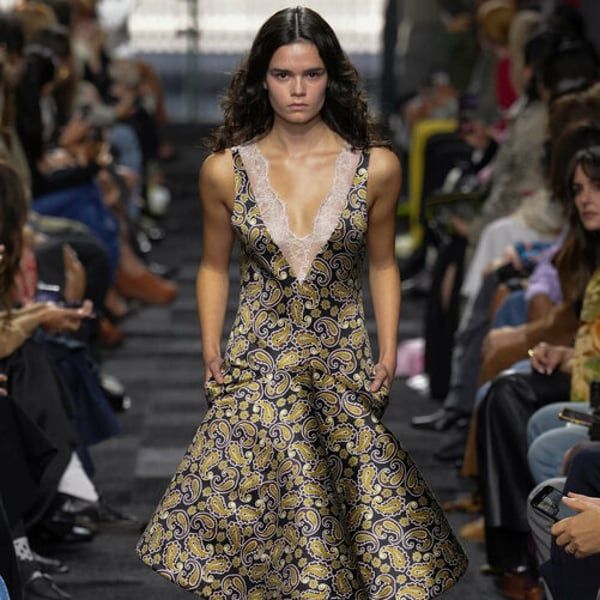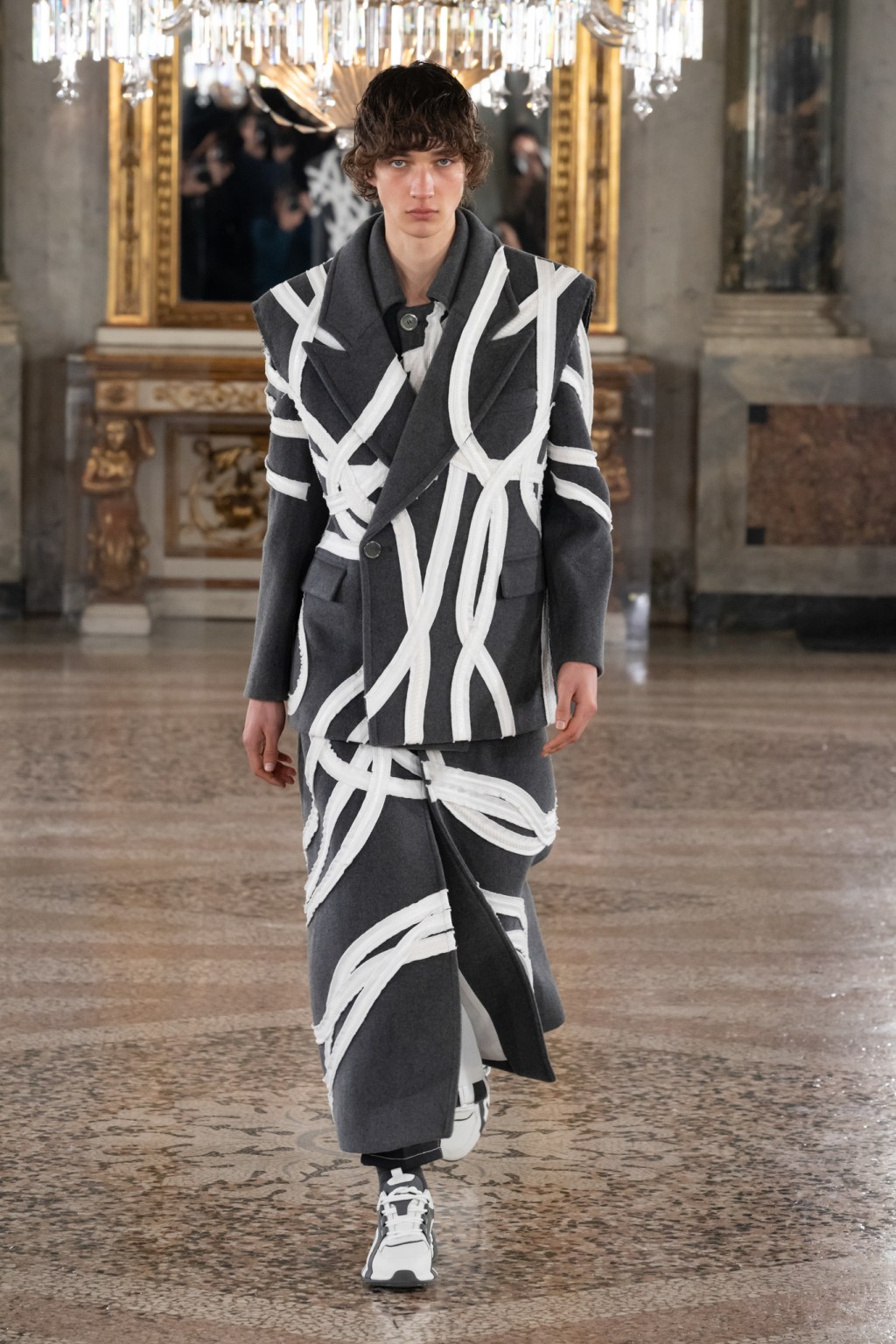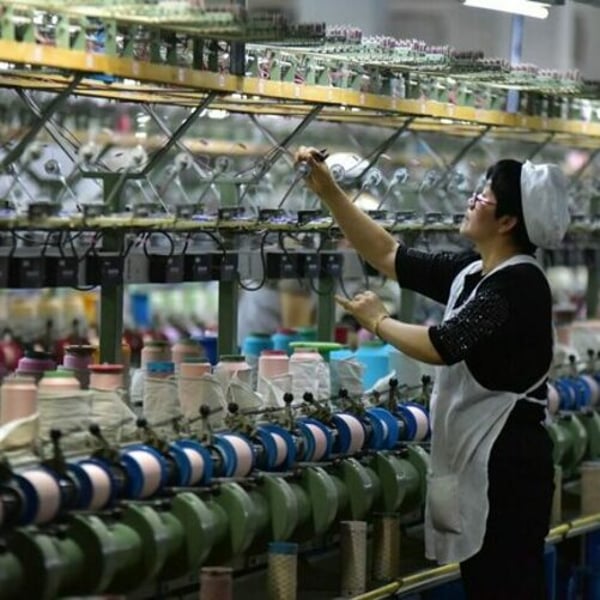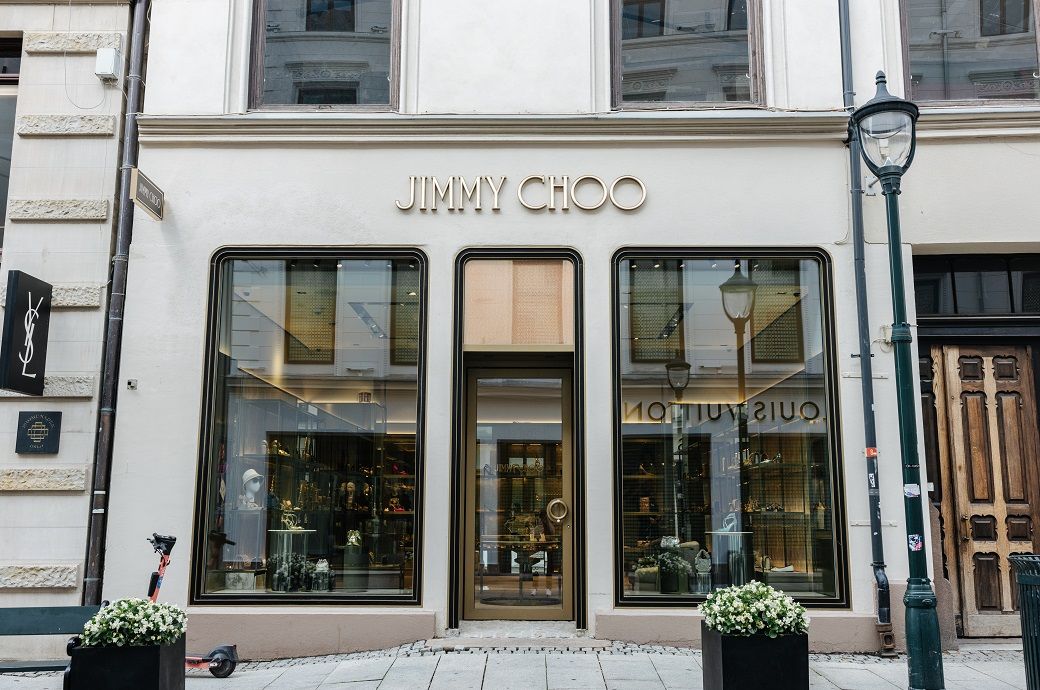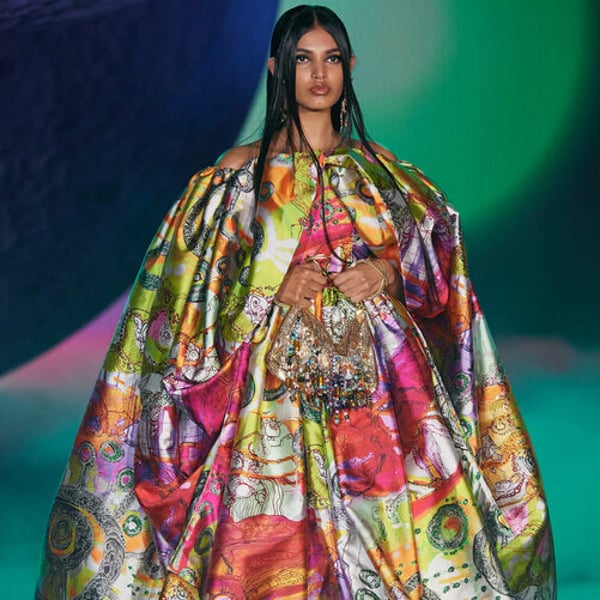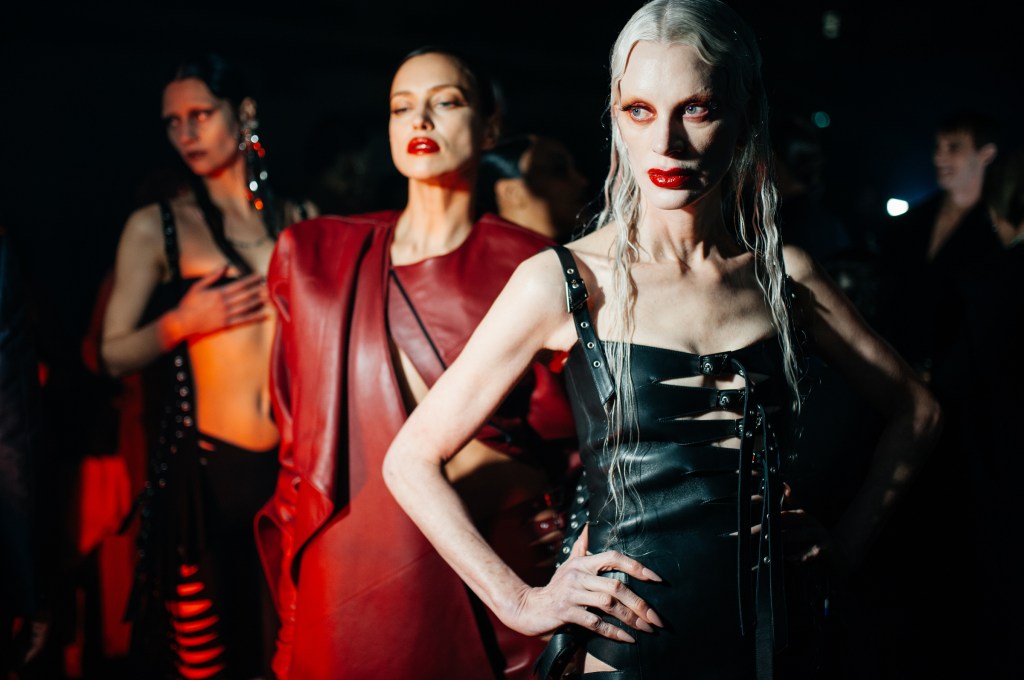Published
September 16, 2024
Two decades ago, London Fashion Week seemed like a mini-fashion season featuring smaller designers. This weekend, marking its 40th anniversary, the UK catwalk season has never seemed more relevant and influential.
In 1984, its first season featured just 25 shows, and two enterprising PRs, butler Lynne Franks and Annette Worsley Taylor, brought the designers together for a debut season, then scheduled for mid-March.
Many of the names have long since ceased to exist as fashion labels: Wendy Dagworthy, Arabella Pollen and Murray Arbeid to name a few. However, the season slowly but surely took off and eventually gave rise to a stellar selection of talent. Names such as Vivienne Westwood, John Galliano and Alexander McQueen have written some of the most important chapters in contemporary fashion.
From the Ab Fab of the 80s to the Cool Britannia of the 90s, right up to the last decade, when the internet helped propel a new generation of independent talent to a new level, such as JW Anderson, Erdem and Simone Rocha.
Last weekend saw a packed programme of 72 calendar designers, 48 shows, 17 presentations, 63 events and 17 digital activations. In short, LFW has never felt more viable and self-sustaining than ever before, thanks in large part to the Stakhanovite efforts of Caroline Rush, the BFC’s chief executive for the past 15 years.
Tonight, the British Fashion Council and Burberry will celebrate that success with an LFW40 Icons Party at The Roof Gardens in Kensington. As the bigwigs gather to celebrate the 40th anniversary, we thought it would be a good time to hear from Rush on his thoughts on LFW and the future of British fashion.

FashionNetwork.com: LFW is celebrating its 40th anniversary. What do you consider to be its greatest achievements?
Carolina Rush: There have been so many incredible fashion moments over the past 40 years of LFW that it's hard to pick just one!
I would say that one of the defining moments for both LFW and the industry was the creation of BFC NEWGEN in 1993. This programme was put in place to foster and showcase emerging talent, giving them the support they needed to make their mark, whether through media exposure, securing orders or attracting investment. It was an absolute game-changer. I still vividly remember the first designers who were beneficiaries – names like Alexander McQueen and Clements Ribeiro. McQueen, in particular, caused a sensation when he presented his first professional show, “Nihilism”, under this support. The reviews were rave and from that moment on, it was clear that he was destined for global stardom.
FNW: What were the highlights of your 15 years as CEO of the BFC?
CR: One of the highlights of my career was when Her Majesty The Queen attended London Fashion Week in 2018 to present the inaugural Queen Elizabeth II Award for British Design to Richard Quinn. It was a very special moment. Not only did she attend Richard Quinn’s show, but she also took the time to tour the designers’ showrooms to see the collections first-hand. And of course, who could forget that iconic image of her sitting in the front row? It went viral and became a truly unforgettable moment for all of us!
FNW: With a new government in power, eager to improve relations with the European Union, what impact has Brexit had on British fashion? And how much of it is still having?
CR: We have always worked closely with the government and we are already working closely with the new government to address these issues affecting the industry. Ahead of the June elections, we launched our manifesto with five key priorities and actionable next steps.
As part of this season’s LFW40 celebrations, the Prime Minister will host the BFC and guests at a reception at 10 Downing Street to celebrate and promote the British fashion industry alongside senior industry leaders, government ministers and members of the BFC network. This will provide an invaluable opportunity to present the sector’s priorities to the new government and maximise the potential boost that a change of government offers to the industry.
UK designers and brands continue to face challenges as a result of Brexit, including tariffs, supply chain disruptions, changing regulations and compliance, VAT payments and the complexity of paperwork when importing and exporting goods to the EU. The removal of tax-free shopping has also had a significant impact on the industry. All of these were included in our five priorities and we will continue to work with the government to drive a solution.

FNW: What new design talent were you most excited to see this season?
CR: I am always excited to see our brilliant BFC NEWGEN designers on the calendar. After announcing the new cohort in May this year, this season we saw quite a few BFC NEWGEN debutants including Charlie Constantinou, Johanna Parv, Karoline Vitto, LUEDER, Pauline Dujancourt and YAKU. We were also very excited to welcome Harris Reed and Standing Ground to the official calendar this season.
FNW: What new initiatives has the BFC introduced this season?
CR: This season, we have made some changes to the application process for London Fashion Week to reflect the rapidly evolving business landscape. We have moved away from standard criteria, such as the minimum number of stockists, and introduced a requirement to re-apply each season due to the limited number of places available. The industry is constantly changing and criteria that were previously relevant no longer reflect the new ways in which designers are showing and selling their collections. We felt it was important that the calendar reflected the current environment, supported designers and the different stages of the business and continued to showcase the best of fashion talent to an international audience.
We’re also taking our LFW City Wide celebration nationwide for the first time, opening up the programme to Newcastle and my hometown of Manchester, as well as London. This season is packed with 1,000 unique experiences and activities from over 350 brands open to the public throughout September. I really encourage everyone to get involved during the week and join our amazing fashion community.
FNW: Givenchy has just appointed Sarah Burton as creative director. Why does Britain remain such an exceptional talent pool for major international brands?
CR: London is one of the four major fashion capitals and the UK stands out for its creativity, diversity, community and culture. There is something truly special about the way we foster fashion talent, whether emerging or established. The UK is also home to some of the best fashion and art schools in the world and over the years we have seen incredible talent develop into high-end global fashion brands, often with the support of the BFC’s programmes, initiatives and competitions.
It’s amazing to see so many British creatives leading international brands at the forefront. Icons such as Kim Jones, Maximilian Davis, Stuart Vevers, Harris Reed and most recently David Koma (and of course now Sarah Burton for Givenchy) are fantastic examples of how British talent continues to shape the global fashion scene.
Copyright © 2024 FashionNetwork.com All rights reserved.

